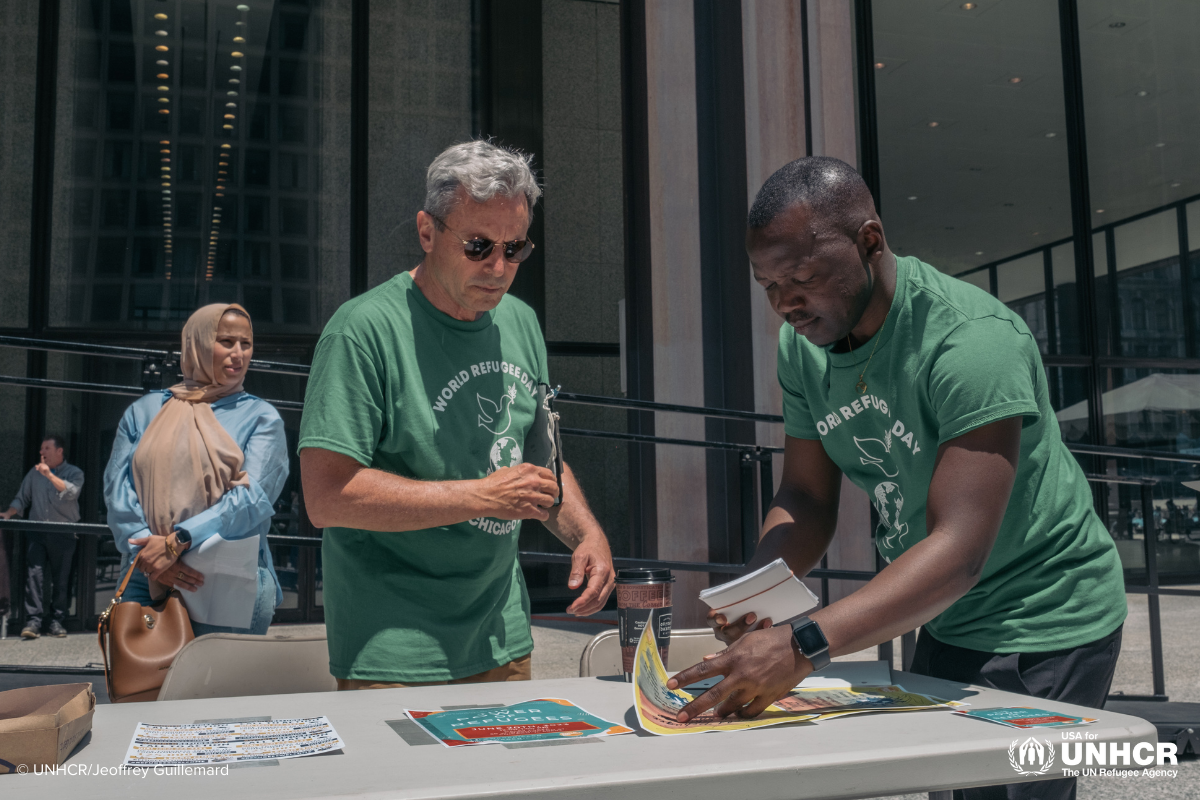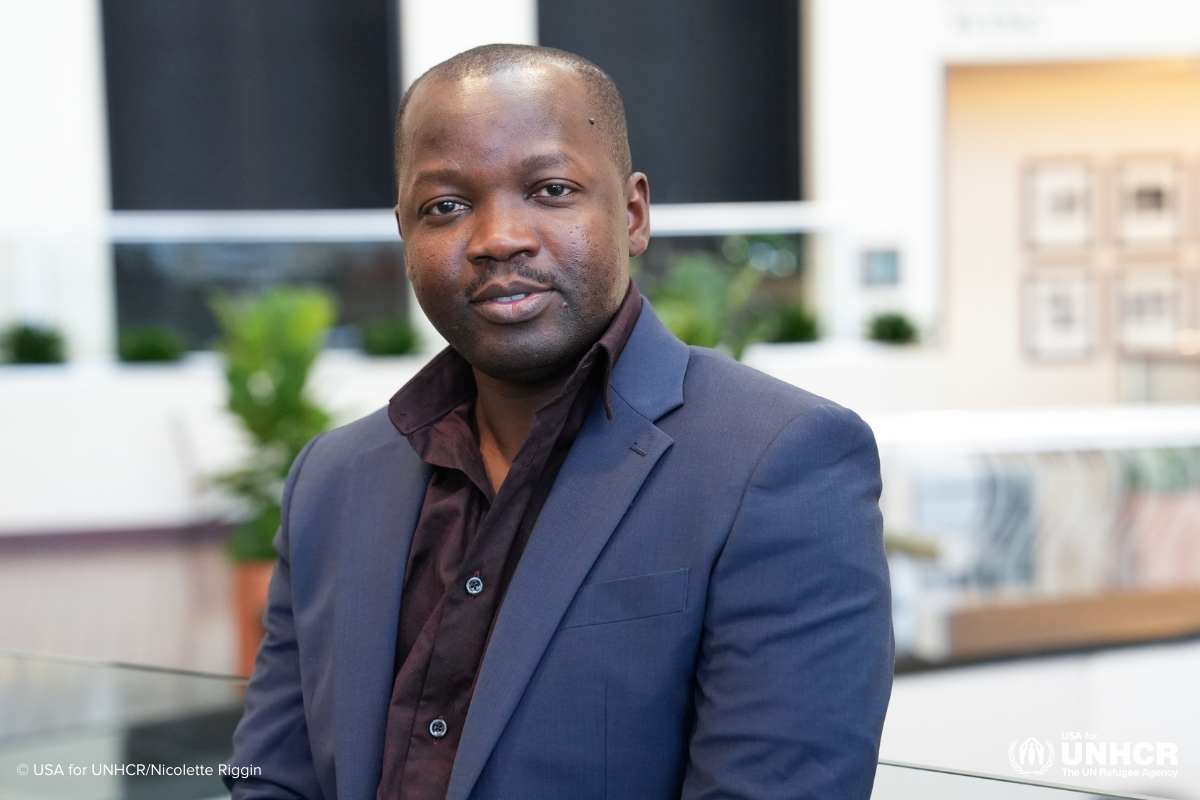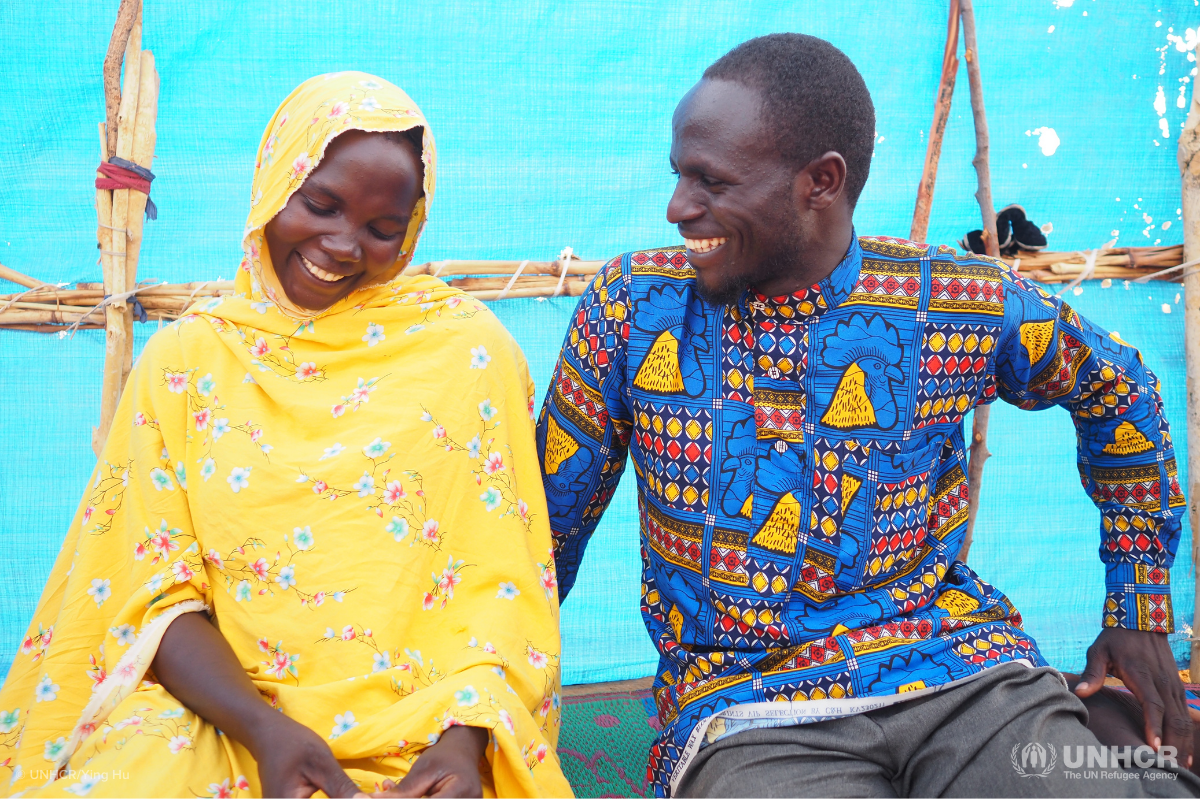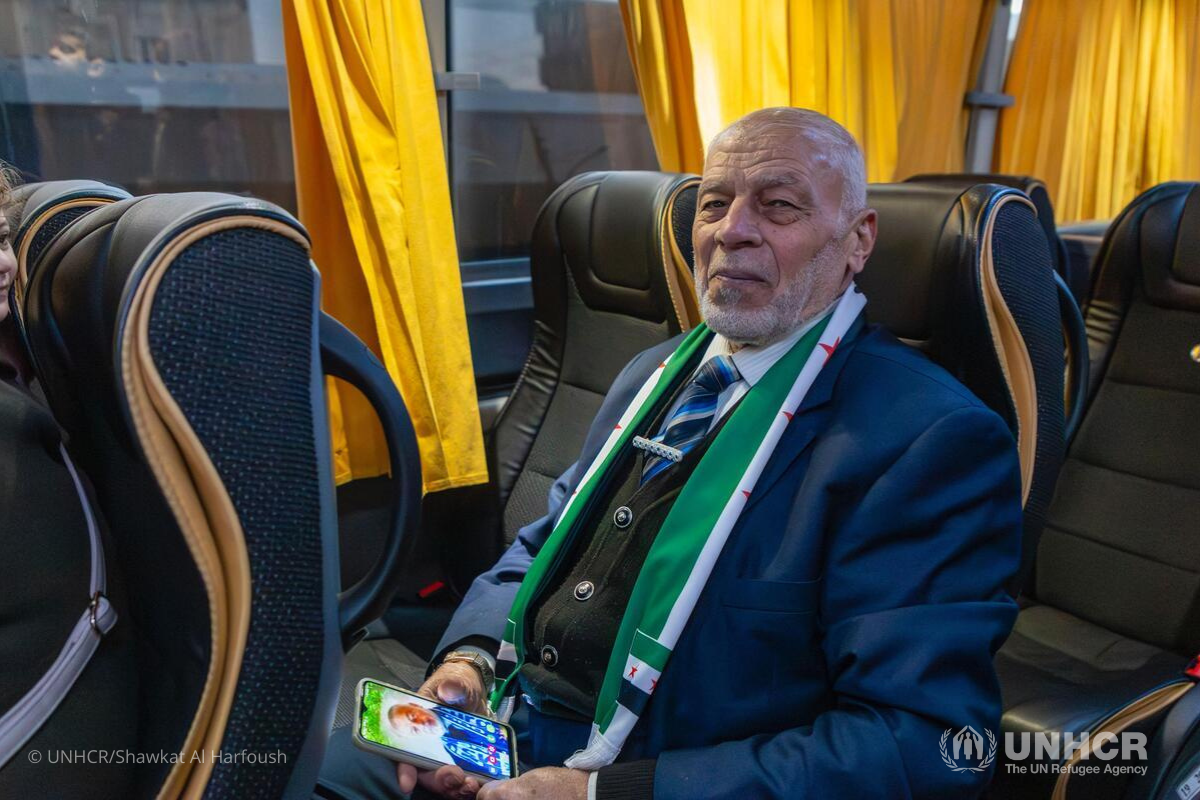How this Chicago-based advocate is bridging gaps for LGBTQIA+ refugees in the United States
Emma Yaaka is a resettled refugee from Uganda and an advocate for resettled refugees in the United States. Before resettling to the United States, Emma found safety in Kenya, where he worked as an interpreter and community health worker for LGBTQIA+ communities in refugee camps.
Now, Emma is a Medical Case Manager for Refugee and Immigrant Community Services (RICS) through Heartland Human Care Services in Chicago, Illinois. He is also a grassroots organizer supporting resettled refugees in Chicago, the Illinois delegate for Refugee Congress and a U.S Advisory Board Member.
Can you share how you began working with grassroots organizations in Chicago?
I love my organization, Heartland Human Care Services. This is the organization that resettled me in the United States through the U.S. refugee resettlement admission program. They were able to provide me with a reception and placement as a refugee. They also helped me get my first entry job in housekeeping at a hospital.
But I have a background as an EMT, an emergency medical technician, so that hospital gave me an opportunity to work as a housekeeper for six months, and then they promoted me to be a lab assistant. After a year, Heartland Alliance told me they were looking for a Case Manager.
Heartland was looking to include refugees in its work, and I think it was good timing. They hired me as a Medical Case Manager. I've been an outspoken person in that organization, fighting for equity, diversity and inclusion of refugees.
What are some of the communities you work with?
I've volunteered with UNHCR, the UN Refugee Agency, as a focal point person in their community in Nairobi, Kenya when I lived there. But I was actually advocating mostly for LGBTQ folks. So, in my work, there have been more cases from LGBTQ people coming from all parts of the world. And because I have worked with them, I understand their needs and I understand how to approach this situation.
So, people come to me for many reasons. Many LGBTQ people have been struggling because they have failed to integrate. And these are young people we are talking about — people aged 22 to 40, very young, who have passion, who have vision.
But because of the time they have wasted in the [refugee] camps before coming here, they have gone through a lot. They are being rejected by their own countries, their own families and their own friends. And then they go. They go all alone to another country, which also does not accept them. And then they had to endure that environment for maybe 5 to 10 years until they were resettled to the U.S or other third countries.

Are there unique challenges faced by LGBTQIA+ refugees in the United States?
We don't align with the cultural differences. We may all be in the same category of LGBTQ, but there's a lot that we don't relate to. We can't balance. When you go to friendly LGBTQ areas or places, you will never match. You will end up isolating yourself because of this trauma, you still don't feel free.
You struggle with trust, because most people have been betrayed by their own people, their own family and their own friends. These people are still learning things on their own and they are still in culture shock. They are having a hard time adapting.
What are some of the major resource gaps you see in the resettlement community?
I've identified this gap that we are losing: young, capable, very strong and knowledgeable people. We are losing this gap — this generation, because they can't do what they would love to do. They are doing things to survive.
Do you know that it takes a good 10 to 15 years for somebody to fully integrate and feel like “I'm at home?” Because the first five years are all about struggling. There are resettlement organizations that have programs that will serve refugees for five years. After five years, if refugees are not already self-sufficient, then they cannot serve them anymore, or they will refer them to programs that don't have enough resources or capacity.
So, I'm trying to fill in the resource gaps for people after five years. I'm taking that responsibility on my own, helping them apply for public benefits. I've established a volunteer team that helps them apply for public benefits and jobs. I'm reaching out to employers on my own, asking for help.
I don't know how I will survive, but that's how we survive. Because I've survived through people's support. And then I'm using that also to support others.

You’re on the advisory council for Sparking Change, which funds grassroots projects run by resettled refugees in their communities. Can you tell me about that experience?
I’m very excited. And I told [the grantees], you know what — whatever you are going to do, it will determine how we can look at this in your future because this should be our stepping stone to open more opportunities for more refugees who are doing similar work.
Looking at the applications, those who were chosen are filling in gaps in their community. They are trying to fill in the gaps that resettled refugees have identified and don't currently have a solution for. I'm so, so lucky that I was part of this.


